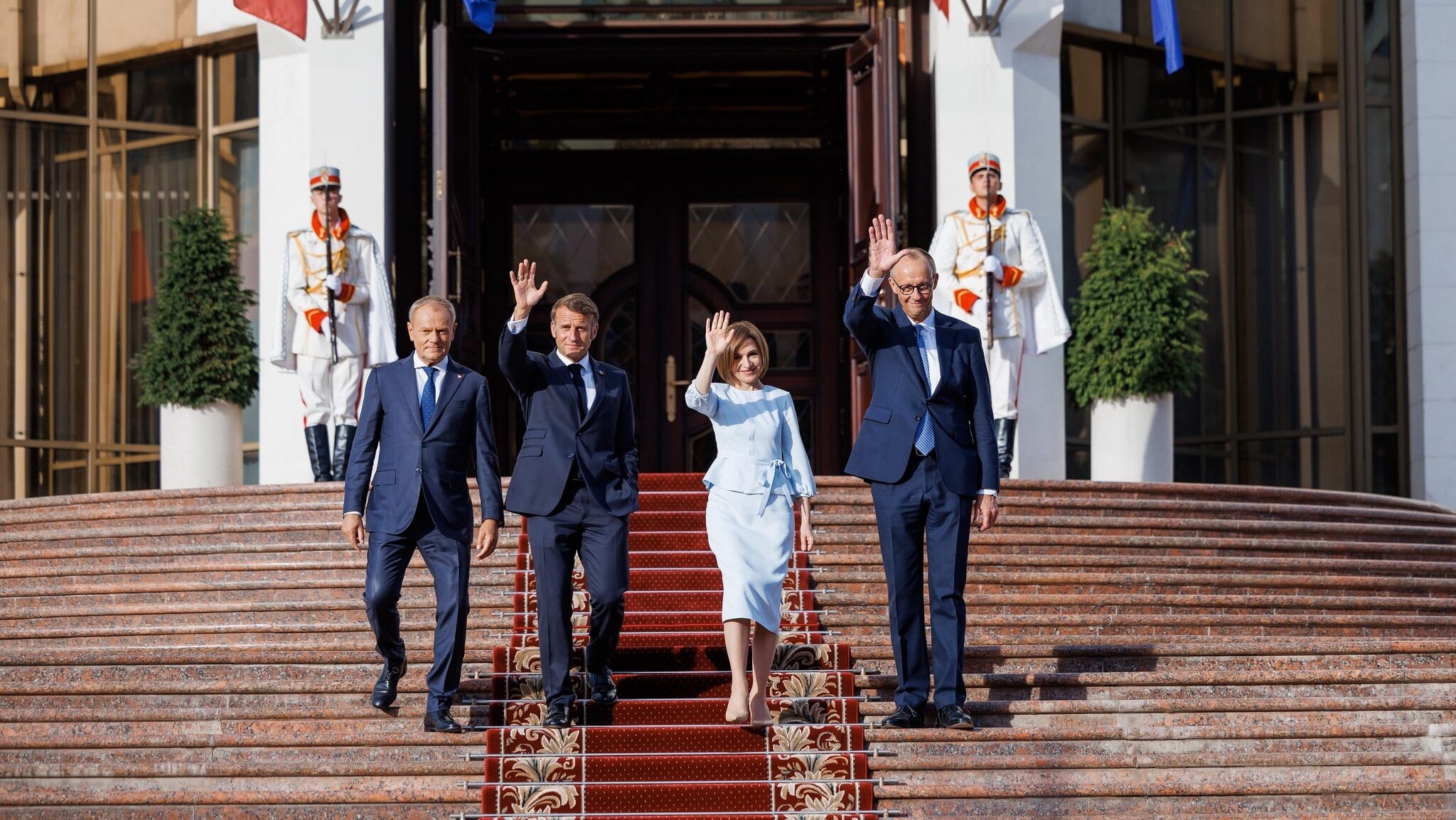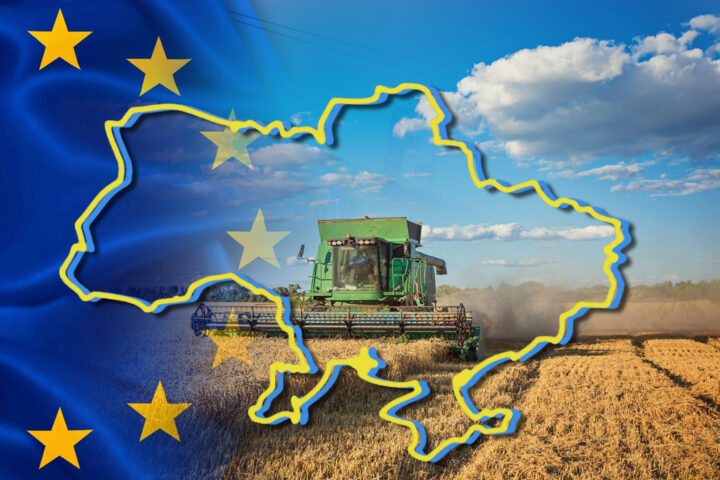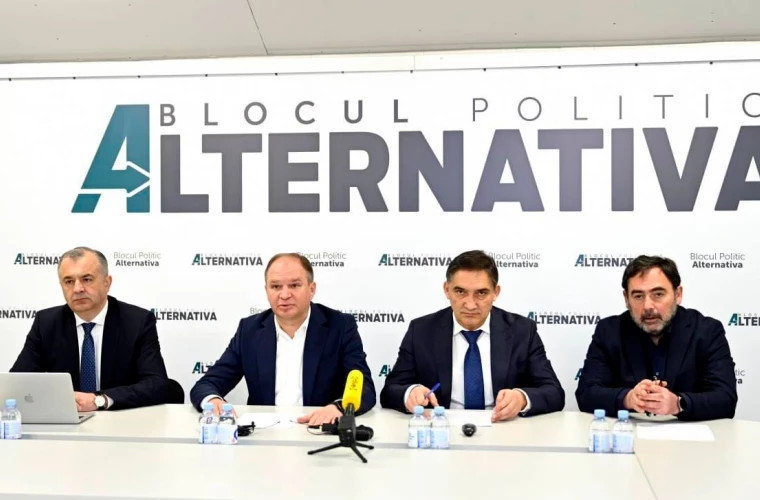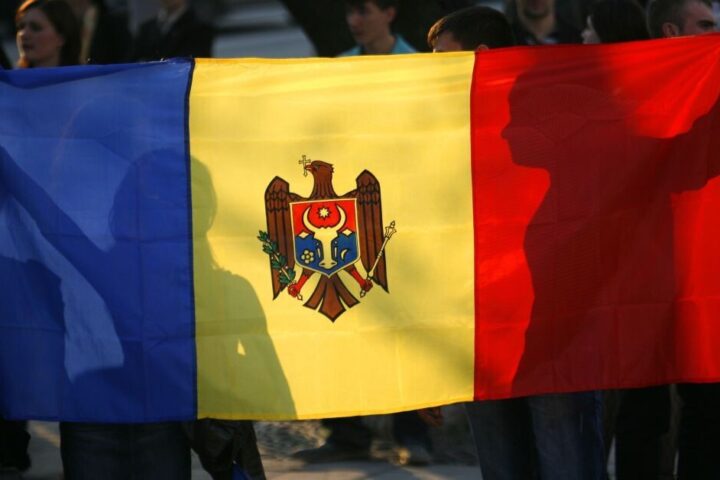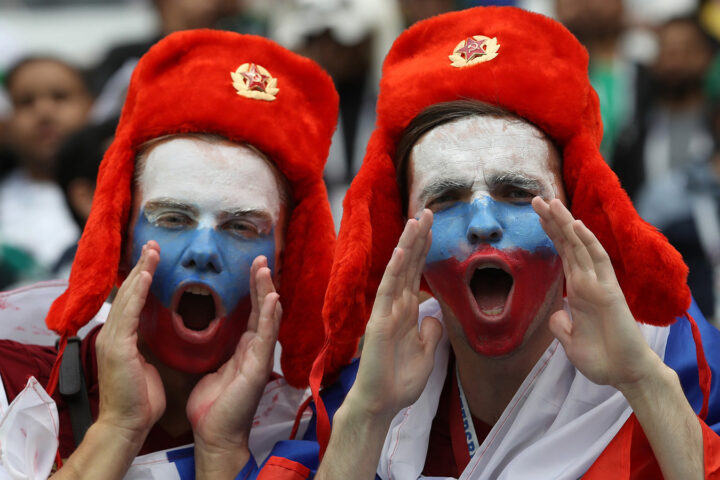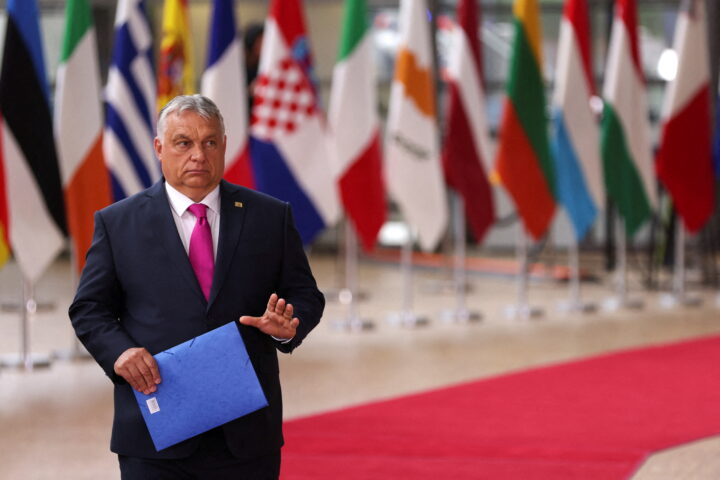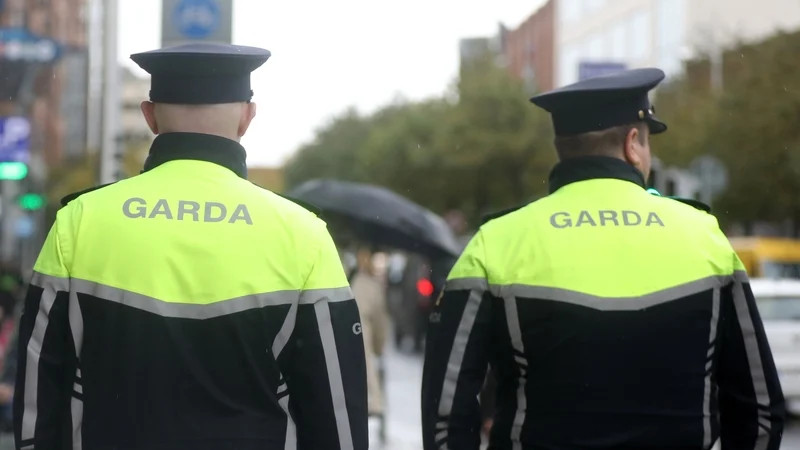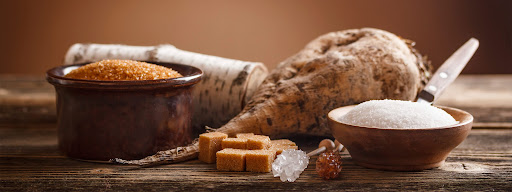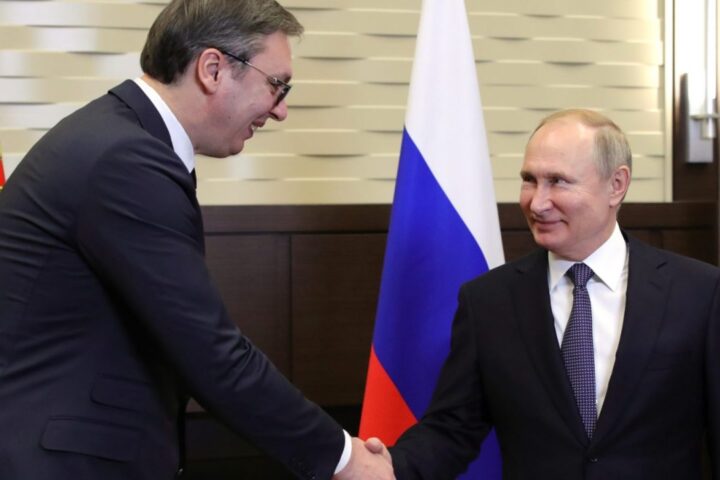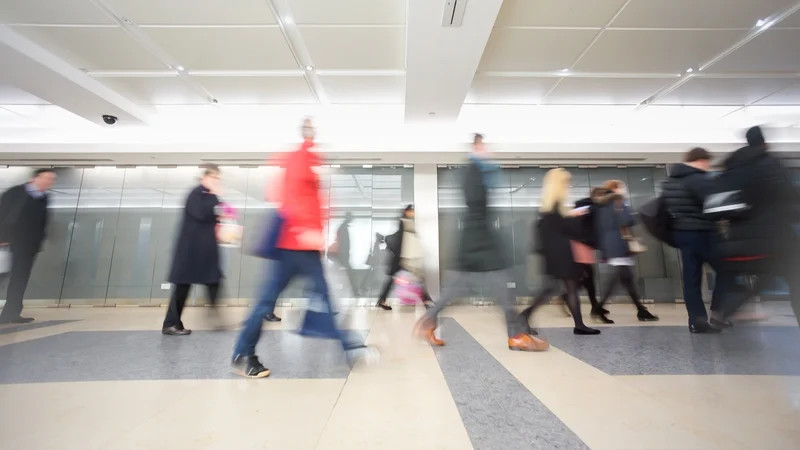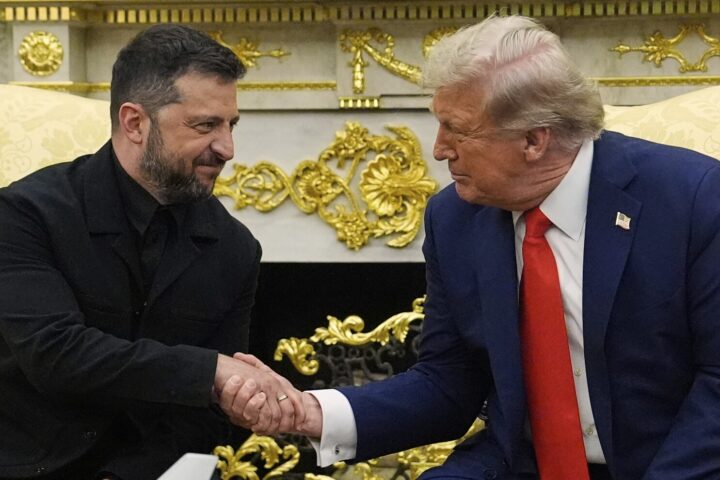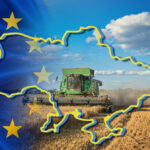On 27 August, French President Emmanuel Macron, German Chancellor Friedrich Merz and Polish Prime Minister Donald Tusk arrived in Chișinău for a joint visit marking Moldova’s Independence Day. The trip, coming a month before the 28 September parliamentary elections, was designed to underscore support for the country’s pro-European path. Following talks with President Maia Sandu, the three leaders pledged political solidarity, condemned Russian interference and hybrid tactics, and promised further financial and technical assistance — a clear signal to Moscow that the EU will not leave Moldova to face pressure alone.
Moldova and Ukraine seen as part of the same EU track
Moldova, an EU candidate since 2022, formally launched accession talks last year. On 4 July 2025, Chișinău and Brussels held their first-ever EU–Moldova summit, confirming the country’s “European future.” The joint visit by Macron, Merz and Tusk highlighted that Moldova and Ukraine are moving together toward integration, both facing Russian aggression and hybrid threats ranging from disinformation and political corruption to energy blackmail and cyberattacks. Leaders stressed that deeper integration into EU markets and institutions reduces Moscow’s space for destabilization, and that Moldova’s elections will be decisive for regional resilience and the EU’s credibility.
Elections as a test of resilience against Russian interference
The 28 September vote is widely seen as a referendum on Moldova’s European course. Kremlin-linked actors are accused of funding protests, buying votes with cash, and pushing pro-Russian projects through allies of fugitive politician Ilan Șor and other figures such as Igor Dodon and Vladimir Voronin. Western observers warn that these tactics are not democratic pluralism but instruments of influence designed to reverse Moldova’s EU path. Around half a million Moldovans living in the EU could play a crucial role, but they are a prime target of disinformation and technical disruption, including false messages about polling stations, phishing of election officials and denial-of-service attacks against electoral servers.
Risks of a pro-Russian shift
Analysts caution that a victory for pro-Russian forces would open a “soft corridor” through Transnistria to the Danube and Black Sea, creating new channels for smuggling, sanctions evasion and grey financial flows. This would undermine Moldova’s reforms, weaken EU export controls and expose Romania, Poland and NATO’s eastern flank to added pressure. A reversal of the European course could mean the rollback of judicial reforms, the capture of regulators, pressure on EU businesses and a transformation of the media space into a hub for Kremlin disinformation ahead of EU election cycles.
European leaders frame the choice
Chancellor Merz declared in Chișinău that “the doors of the European Union are open,” pointing to possible negotiations on accession chapters already this autumn. Macron described Russian narratives about an “aggressive EU” as “lies,” while Tusk drew parallels with Poland’s own path to the Union two decades earlier. For Sandu, the message was clear: Moldova belongs in the “big family of peace — the European Union,” offering stability against Moscow’s chaos. With the memory of last year’s EU referendum still fresh, and with Gazprom’s gas leverage broken earlier this year, the leaders’ visit served as a political anchor to Moldova’s European path on the eve of a decisive vote.
